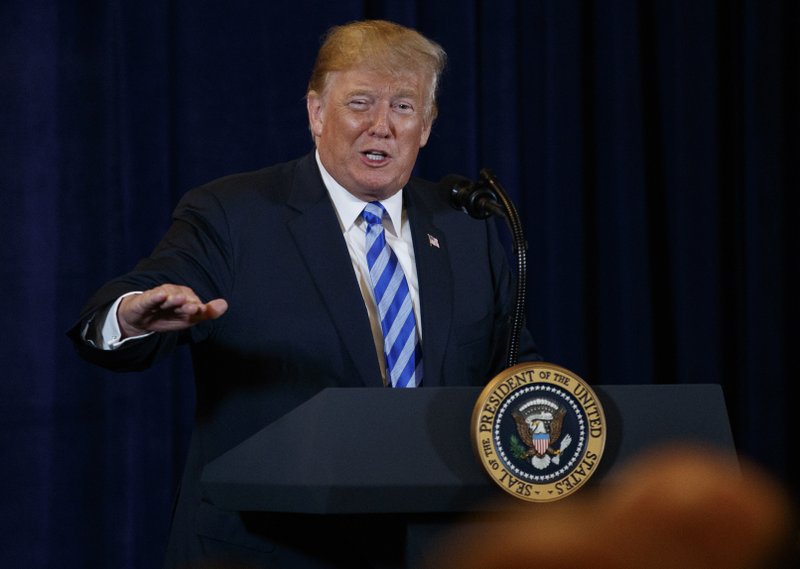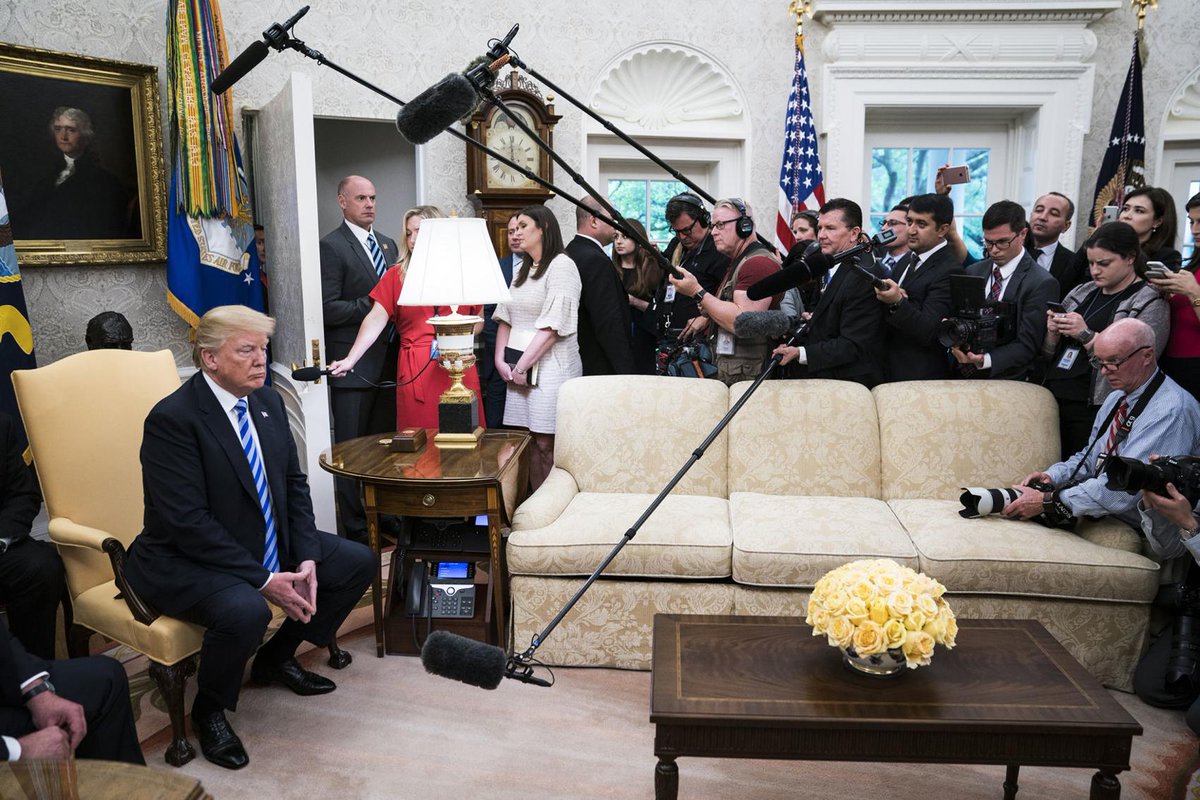So I thought I might write a thread laying it out.
bloomberg.com/opinion/articl…
Why?
GDP is a measurement of how many goods and services are PRODUCED WITHIN A COUNTRY'S BORDERS, and imports are produced ELSEWHERE.
research.stlouisfed.org/publications/p…
Well, here's how it works. Imports subtract from NX, but ADD to C+I+G, since imports are either consumed or invested.
So overall they don't count in GDP.
See??
It's THEORETICALLY possible that cutting off imports of, say, washing machines would cause American washing machine factories, long idle, to spring to life and start rolling out product, in order to fill the gap.
But is this LIKELY?
First, in order for a drop in imports to boost U.S. production, we'd probably have to have idle resources - unemployed workers, idle factories - ready to go.
In a big recession, that is really the case. But now??
But unless we're in the middle of a big recession, there are unlikely to be a bunch of idle factories standing by ready to produce the things that Trump has put tariffs on.
That's probably going to make them cut back a little bit.
That effect exerts a drag on overall U.S. GDP.
bloomberg.com/news/articles/…
1. Imports DON'T subtract from GDP.
2. Unless we're in a recession, cutting off imports probably doesn't cause idle producers to spring to life.
3. Cutting off imports hurts GDP by lowering consumption and by making intermediate & capital goods more expensive.
(end)
bloomberg.com/opinion/articl…













